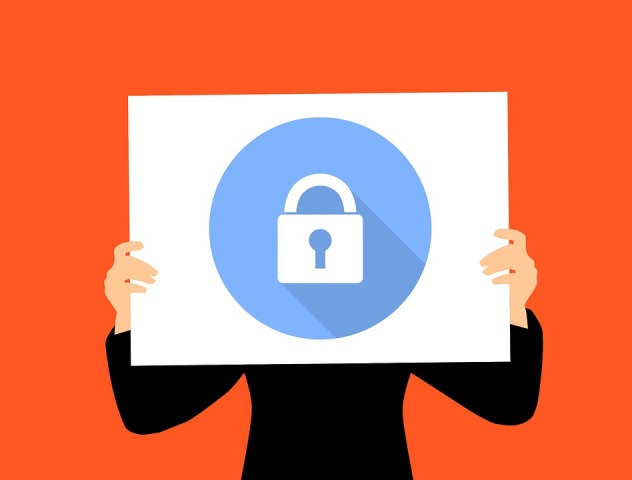Nokia completes Europe’s first live hybrid quantum encryption key trial with Proximus

Nokia, along with its partners ID Quantique and evolutionQ, have completed Europe's first live hybrid quantum encryption key trial in collaboration with Proximus. This breakthrough trial involved the establishment of a quantum-safe optical network connection using quantum key distribution (QKD) technology, enabling secure data transmission between two data centers located in Brussels and Mechelen, Belgium.
In a press release, Nokia explained that as quantum computers continue to develop and gain power, they hold immense potential to solve complex problems that are currently unsolvable. However, they also present a challenge to online security, as they can easily compromise asymmetric, mathematical-based encryption schemes in a matter of seconds.
To prepare for the eventual day when quantum computers can break such encryption schemes, enterprises, operators, and governments need to ensure that their data and networks remain secure against quantum attacks. Quantum cryptography leverages the principles of quantum mechanics to encrypt and transmit messages securely, providing a viable solution to this challenge.
This live trial represents a significant milestone in the advancement of quantum key technologies and highlights the future of network security in the era of quantum computing.
The successful trial demonstrates the practical implementation of quantum cryptography in a live network environment, serving as a vital defense against malicious hacks or attacks from future quantum computers. By leveraging Nokia's Quantum-Safe Networks solution in conjunction with hardware and software from ID Quantique and evolutionQ, Proximus was able to encrypt data traversing its live optical network, employing the unique properties of photons to guarantee the safety of transmitted data.
Additionally, Nokia's Security Management Server (SMS), acting as a quantum-safe key generator and orchestrator, added an extra layer of security to the network. In cases where the stability of data transmission using QKD was compromised or altered, the SMS provided classic quantum-safe encryption through symmetric key distribution.
"The trial we did with Proximus and our partners represents a groundbreaking leap forward in securing our digital future. We’re excited to demonstrate the industry’s only hybrid quantum key distribution system which we believe will be essential to unlocking a safer and more resilient digital landscape. By combining the inherent properties of quantum mechanics with symmetrical cryptography, operators can safeguard their networks today against current and future Q-day threats such as store now, decrypt later activities," said James Watt, President Optical Networks Division at Nokia.










